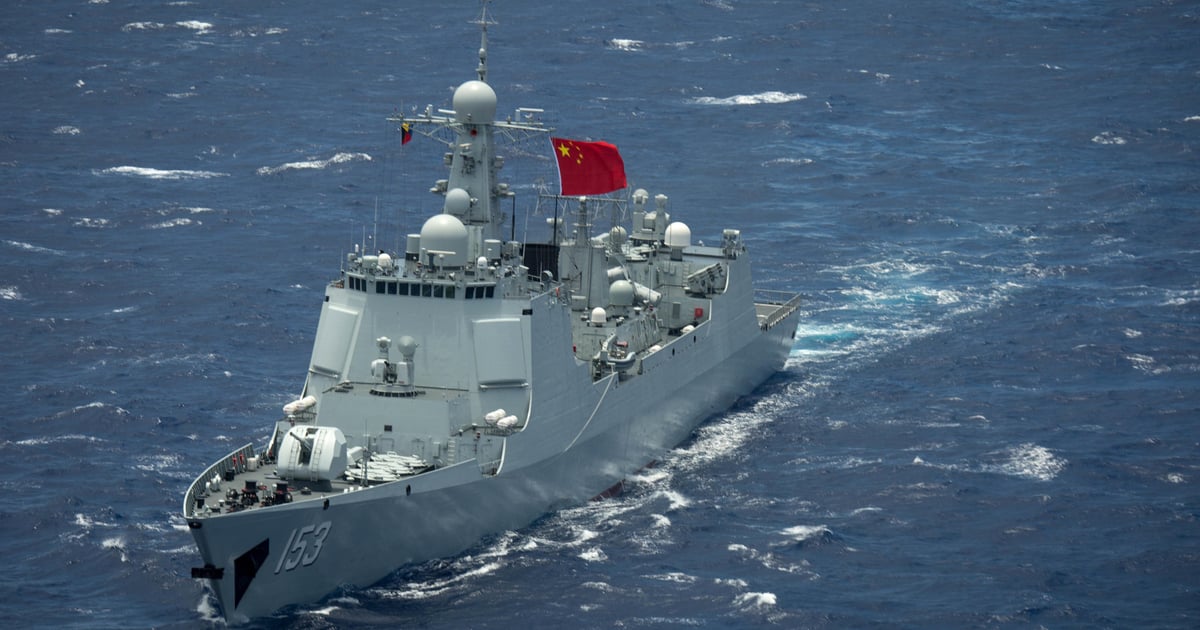
October 31, 2024 at 09:24AM
China accused foreign entities of spying using maritime equipment shortly after state-sponsored hackers targeted Trump and Harris’ campaigns. The Ministry of State Security raised concerns over espionage in maritime activities. Recent reports also revealed attempts to infiltrate U.S. telecommunications by Chinese hackers, emphasizing the urgent need for improved cybersecurity measures.
### Meeting Takeaways
1. **Recent Cyber Attacks**:
– Chinese state-sponsored hackers targeted the presidential campaigns of Donald Trump and Kamala Harris.
– The attacks involved infiltration of Verizon’s telecom network, where communications of campaign staffers were intercepted.
2. **China’s Accusations**:
– In response, China accused foreign entities of espionage, claiming they used maritime devices for intelligence gathering.
– The Ministry of State Security (MSS) described these devices as “drifting spies” and emphasized the need to defend national sovereignty against perceived threats.
3. **Expert Insights**:
– **Ryan McConechy (Barrier Networks)**: The online realm is increasingly favored for espionage, allowing deeper access to networks without physical contact.
– **William Wright (Closed Door Security)**: Maritime vessels contain sensitive information, making them appealing targets for espionage.
– **Casey Ellis (Bugcrowd)**: Anticipated targeting of candidates and officials was underscored due to the election season and ongoing cyber threats.
4. **Response and Investigation**:
– The FBI and CISA are investigating the cyber intrusion linked to Chinese actors, though specific victims haven’t been named.
– Verizon acknowledged the sophisticated attempt to gather intelligence.
5. **Historical Context**:
– The recent actions are viewed in light of previous campaigns by Chinese APT groups (e.g., Volt Typhoon and Salt Typhoon) that have aimed at critical infrastructure and telecommunications, raising concerns about future disruptions, particularly in the context of U.S.-China relations.
6. **Recommendations for Industries**:
– All critical industries must enhance defenses against both physical and digital forms of espionage.
– Regular malware scans and continuous monitoring of critical infrastructure are essential for improved security.
### Conclusion
The meeting highlighted escalating cyber threats, particularly related to geopolitical tensions, and underscored the necessity for heightened vigilance and proactive measures within critical industries.